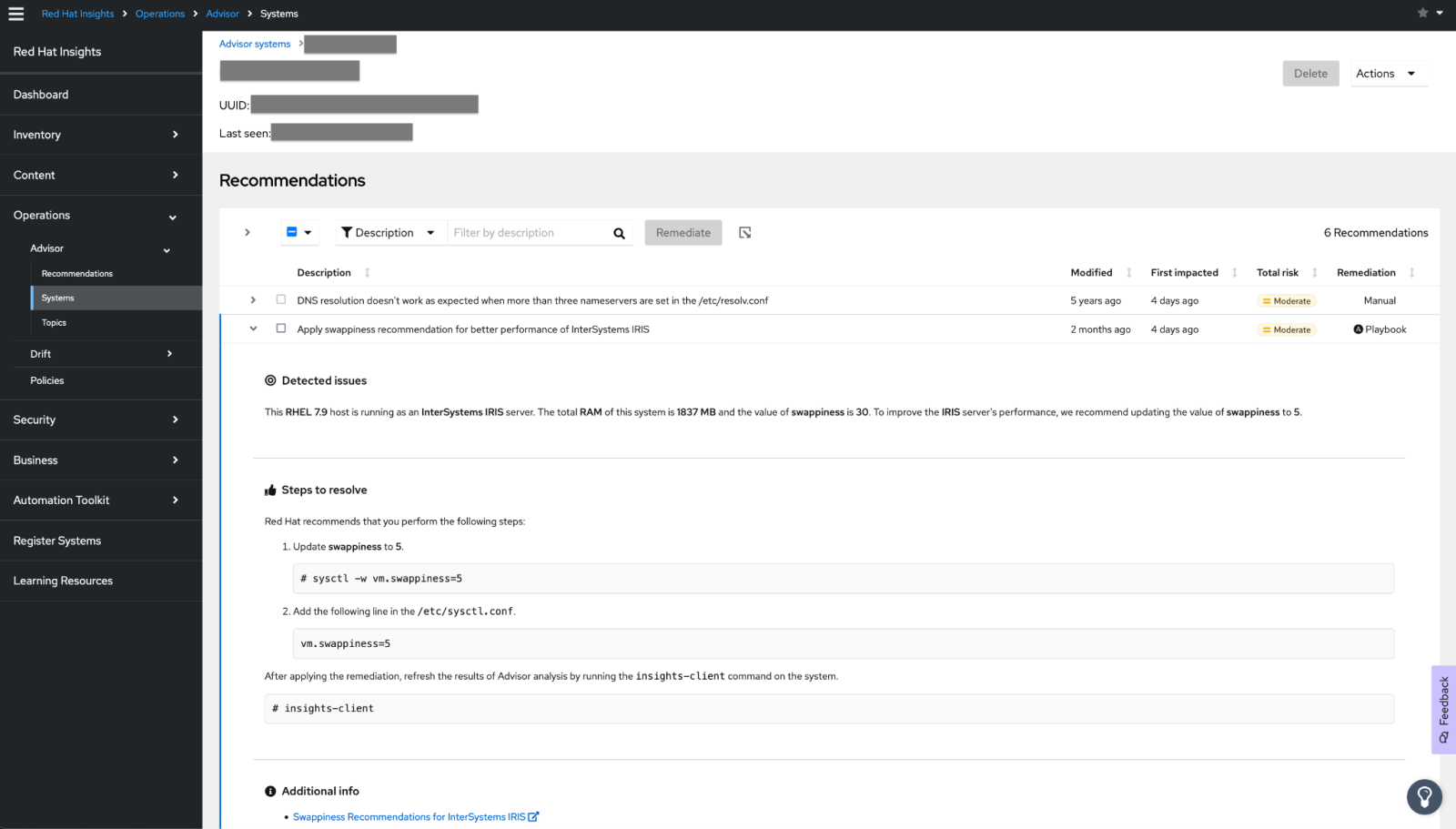Visual Studio Code releases new updates every month with new features and bug fixes, and the April 2024 release is now available.
Version 1.89 includes:
- Preview Markdown images & videos - Hover over a link to preview images & videos in Markdown.
- Enhanced branch switching - Restore open editors seamlessly when switching between branches.
- Middle-click paste support - Paste text quickly in the terminal using a mouse middle-click.
- WSL over Remote - SSH - Use WSL when connected to a remote machine via Remote - SSH.
- Accessible View - Navigate through comments, chat code blocks & terminal commands from the Accessible View.
- Keyboard shortcuts for UI actions - Customize keybindings for UI actions directly with a right-click.
- Quick Search - Search for text across your workspace with Quick Search.
- AI-powered rename suggestions - Get intelligent rename suggestions in the editor with Copilot.
- Copilot content exclusion - Exclude files from being used in the Copilot context.
- Local workspace extension - Include and install extensions directly in your workspace.
The release also includes contributions from our very own @John Murray through pull requests that address open issues.
Find out more about these features in the release notes here > https://code.visualstudio.com/updates/v1_89
For those with VS Code, your environment should auto-update. You can manually check for updates by running Help > Check for Updates on Linux and Windows or running Code > Check for Updates on macOS.
If you're thinking about migrating from Studio to VS Code but need some help, take a look at the training courses George James Software offers > https://georgejames.com/migration-from-studio/


